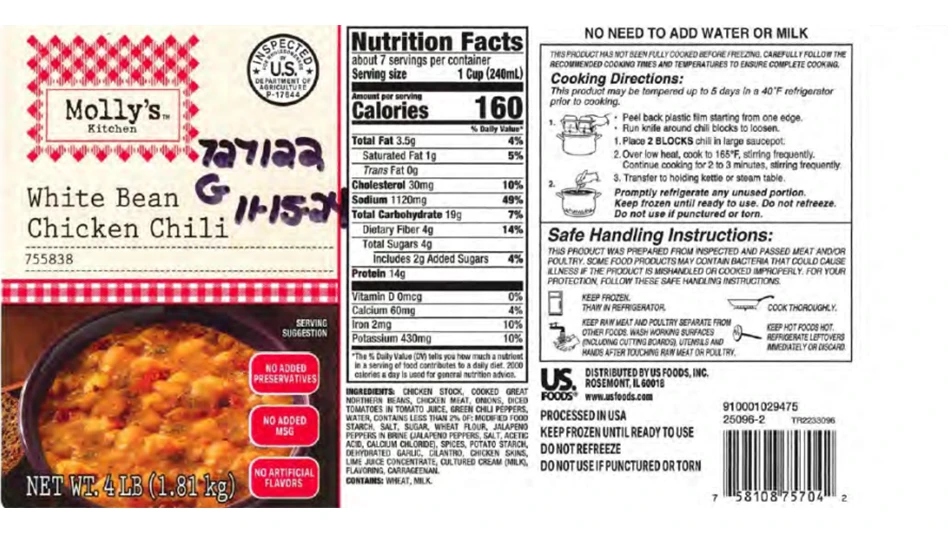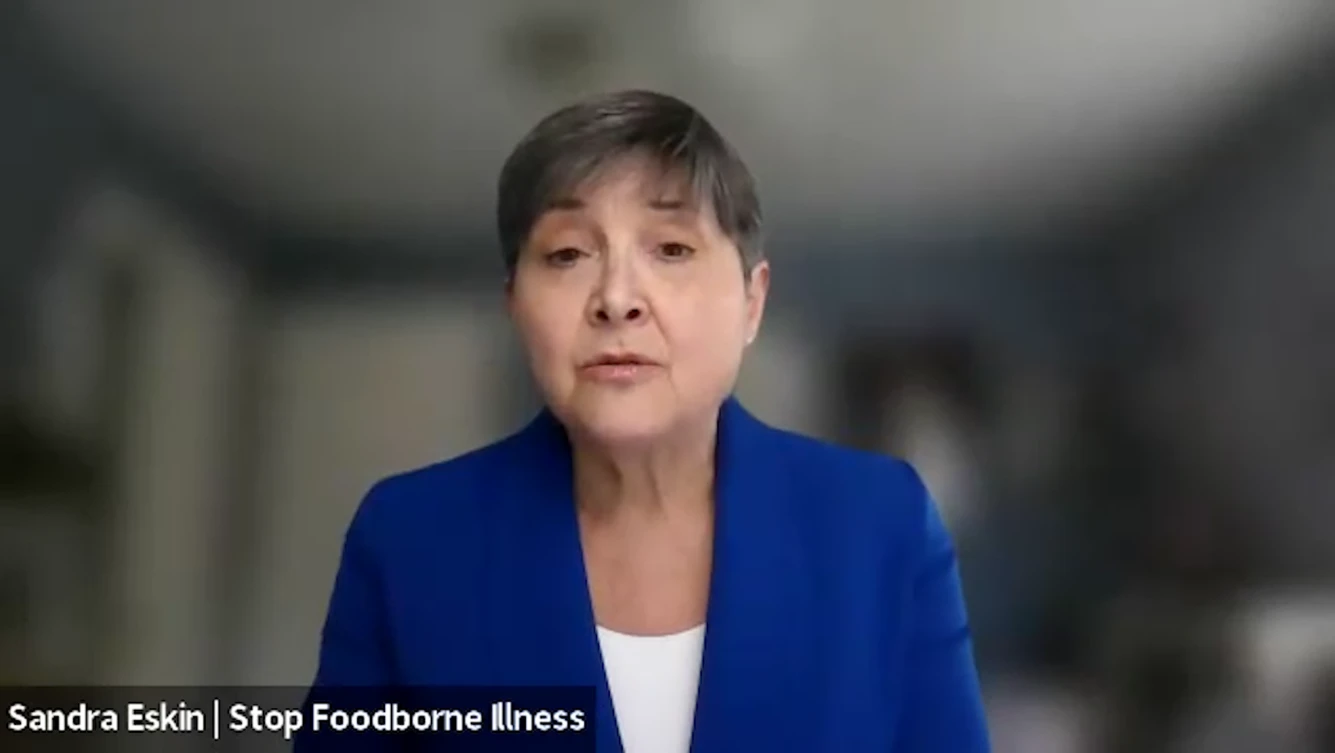|
|
WASHINGTON, D.C. — To remain successful, food companies must focus on quality and the impact they have across environmental and social sectors, said Rick Fraizier, senior vice president of technical stewardship for the Coca-Cola Company.
Fraizier gave the keynote address at the 10th annual Food Safety and Security Summit Tuesday, and said his company focuses on the 3 Rs — risk mitigation, revenue growth and maintaining its reputation — to remain successful and grow.
“The world’s expectations have evolved,” Fraizier said. “The concept of a product being good has expanded to mean good for me, my community and the planet.”
Now, consumers, investors and business partners are interested in a company’s dedication to quality assurance, as well as the importance it places on social and environmental concerns.
“Perception plays a key role,” Fraizier said. “The world wants products, not packages.
“Sustainability is a business,” he said. “We’ve seen it time and time again — our economic success depends on the economic, environmental and social health of the communities and people we serve.”
Coca-Cola, founded in 1886, now has 700,000 employees in 200 countries. Each day, people drink 1.4 billion servings of Coke’s 2,600 products. The company has expanded into soy, dairy and juice markets, and 80 percent of its products are manufactured outside the U.S.
With such a big portfolio, company and supply chain, the company has to focus on basic concepts to remain successful, he said. He recommends food companies:
- Anticipate potential issues and opportunities
- Be responsive to threats and problems
- Be transparent with regulators, the public and employees
- Follow the GMPs
To stay on top of trends in the countries it operates, Coca-Cola as teams of people who make it their job to know about emerging threats — from pathogens to trends in the marketplace — and report those to a central committee. Those trends are analyzed and the data are distributed to the entire company, so everyone knows what risks the firm faces and is on the same page.
“Before an alarm goes of, we’re able to look at the buzz and make an early assessment," Fraizier said.
Latest from Quality Assurance & Food Safety
- Boston Sword & Tuna Protects Seafood Safety with Mettler-Toledo Metal Detectors
- IFT Releases New Resources to Aid Food and Beverage Industry in Sugar Reduction
- Yum! Brands CEO David Gibbs to Retire in 2026
- Penn State Extension Offers Short Course on Food Microbiology and Safety for Food Plant Workers
- Johnsonville Recalls Cheddar Bratwurst Due to Possible Plastic Contamination
- Cabot Creamery Butter Recalled Due to Possible Fecal Contamination
- USDA Delays Salmonella Testing Program for Breaded Stuffed Chicken
- FDA Extends Comment Period on Poppy Seeds to June 16






